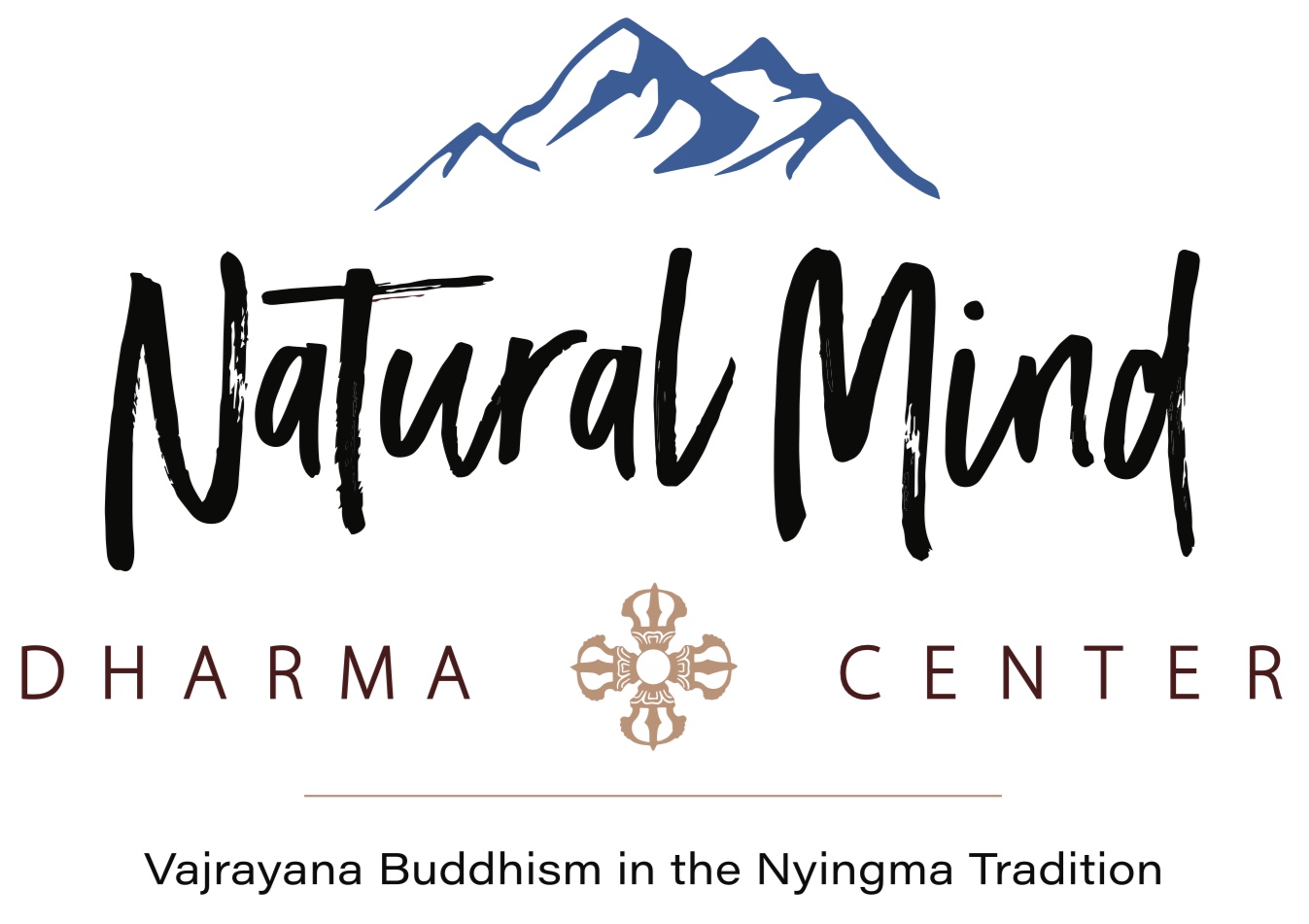Road to Nowhere
I am not used to hiking in dense forest. My usual haunts are desert trails and high mountain paths near timberline. So the dark lushness, humidity, and mossy smells in the area near Salt Creek Falls are a welcome contrast. I begin to feel rehydrated after a few months of dry weather and smoky skies from numerous wildfires. But this is a very popular viewpoint so I head away from the crowds and take the trail toward a lesser visited waterfall.
After a mile and a half plus some delicate scrambling, I arrive at a beautiful cascade pouring from Diamond Creek as it tumbles 120 feet over a massive basalt wall. It is a “ribbon” waterfall that looks like numerous fingers splayed open with their tips ending in dark pools of liquid. This is a particularly spectacular set of falls—immediately moving into my top five list. I sit to absorb the sight and feel the thundering water as my body and mind melt into the mist. Waterfalls always speak to me of dissolving—eroding hardness into beauty with inspiring power.
Choosing to take a loop back to the trailhead, I follow an obvious track until crossing an old road where the trail becomes less obvious. It is supposed to continue on the other side of the road but I cannot find the path. I decide to follow the road instead, but I am a bit disoriented without my usual compass (literally and figuratively). I realize I do not know where I am. Although not feeling fearful, I am a bit unmoored. I have a sense of wandering on a road to nowhere.
After a mile or so, I think about coming up with a strategy to find my bearings. In that moment, I see a trail breaking through the forest and intersecting the road. Eureka! I follow the trail for about five minutes and find myself back at the loop junction. I literally went in a circle. My laughter echoes in the deep forest silence. Not wishing to repeat the same mistake, I take the initial path back to the parking area.
It is important, first of all, not to forget my compass. But I notice my mind’s response to being momentarily lost. It is an eerie feeling but also strangely freeing. Wandering without knowing my direction challenges my solid assumptions about locality. Do I even exist if I don’t know where I am? A Buddhist saying talks about being no one, going nowhere.
Buddha suggested this is precisely the point of letting go of our assumptions about anything— unless they benefit others. I only have to look at our current political arena to see what happens when someone loses their moral compass. They try to reconfigure their old assumptions and just make a mess of things, wandering about like a madman. I am sure I have done this at times.
If we regain our true compass, we realize it always points home to compassionate awareness, our ultimate destination—and point of departure. This requires a lot of faith in our natural capacity to orient. We still need the right tools, but that comes with a willingness to explore, to go in a few circles and find ourselves back where we started with a laugh of recognition. Maybe we will learn how to use our compass. Maybe next time we won’t forget it.
